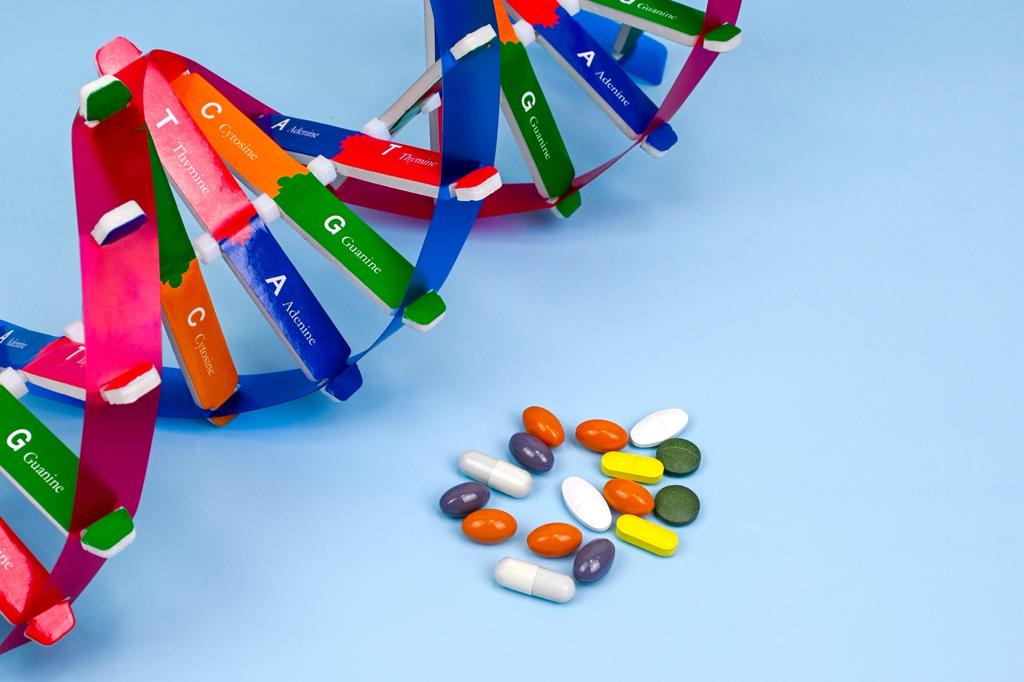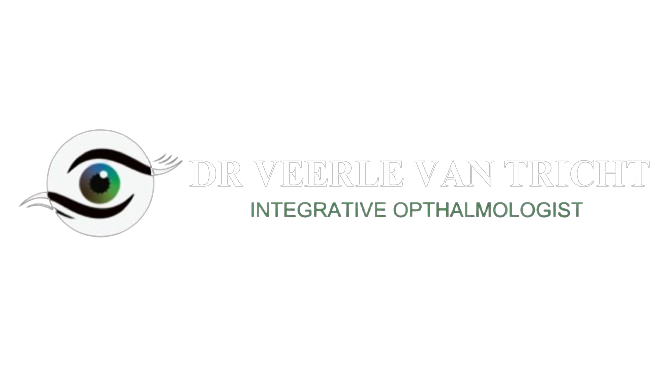NUTRITION counselling
While we primarily focus on the diagnosis and treatment of eye conditions in Brampton Private Eye Laser Clinic, we also recognize the importance of nutrition in maintaining and supporting overall eye health. Thereby we offer nutrition counseling services to educate patients about the role of diet in preventing or managing eye diseases

Nutritional Education
We educate patients about the importance of a healthy diet for maintaining optimal eye health and also explain how specific nutrients, such as antioxidants, omega-3 fatty acids, vitamins, and minerals, contribute to eye health and function.
.
Eye Disease Management
I also tailor dietary recommendations to address specific eye diseases or conditions. For example, in the case of age-related macular degeneration (AMD), I may advise a diet rich in leafy green vegetables, colorful fruits, omega-3 fatty acids, and antioxidants to slow down disease progression
Assessment of Dietary Habits
We assess on request our patient’s current dietary habits in order to understand any potential deficiencies or imbalances in their nutrition. This assessment can help us identify areas for improvement to support eye health.
Lifestyle Modifications
In addition to dietary suggestions, we discuss lifestyle modifications that can positively impact eye health. These may include recommendations for regular exercise, managing blood sugar levels, maintaining a healthy weight, and quitting smoking, as these factors can contribute to various eye conditions.
Customized Dietary Recommendations
Based on the patient’s individual needs and eye health concerns, we may provide personalized dietary recommendations. These recommendations may include specific foods to incorporate into the diet or a list of supplements to consider, aiming to provide the necessary nutrients for optimal eye health.
Collaboration with Registered Dietitians
In certain cases, we may refer patients to registered dietitians or nutritionists for more in-depth nutrition counseling and guidance. This collaboration ensures that patients receive comprehensive and specialized advice on their dietary needs.
Speak with an Ophthalmologist
Call: +44 7900 842692




Frequently Asked Questions
What are the best foods for eye health?
Some foods that are beneficial for eye health include leafy green vegetables (such as spinach and kale), fish rich in omega-3 fatty acids (like salmon and tuna), citrus fruits, nuts and seeds, carrots, sweet potatoes, and eggs. These foods contain nutrients like vitamins A, C, and E, omega-3 fatty acids, and antioxidants that support eye health.
Can diet prevent or reduce the risk of eye diseases?
A healthy diet, along with other lifestyle factors, can play a role in reducing the risk or slowing the progression of certain eye diseases. For example, a diet rich in antioxidants and omega-3 fatty acids may help reduce age-related macular degeneration (AMD) and cataracts. However, it’s important to note that diet alone cannot fully prevent or treat eye diseases, and consulting with an ophthalmologist is recommended.
Are there specific vitamins or supplements for eye health?
Certain vitamins and minerals are essential for maintaining good eye health. These include vitamin A, vitamin C, vitamin E, zinc, copper, and omega-3 fatty acids. While it’s best to obtain these nutrients through a well-balanced diet, in some cases, ophthalmologists may recommend specific supplements to address deficiencies or support eye health.
Can a vegetarian or vegan diet support eye health?
Yes, a well-planned vegetarian or vegan diet can provide all the necessary nutrients for eye health. Plant-based sources of nutrients like vitamin A (beta-carotene), vitamin C, vitamin E, and omega-3 fatty acids can be found in foods like green leafy vegetables, citrus fruits, nuts, seeds, and plant oils. However, it’s important to ensure an adequate intake of these nutrients through proper food choices or supplements.
Is there a diet that can improve dry eyes?
While there is no specific diet that can cure dry eyes, certain dietary changes may help manage the symptoms. Increasing water intake, consuming foods rich in omega-3 fatty acids (such as fatty fish or flaxseeds), and avoiding foods that can worsen dryness (like caffeine or alcohol) may provide some relief. However, it’s essential to consult with an ophthalmologist for a comprehensive approach to managing dry eyes.
What is involved in cataract surgery?
Cataract surgery involves removing the cloudy natural lens and replacing it with an artificial intraocular lens (IOL). The surgery is typically performed as an outpatient procedure and is minimally invasive.
What to Expect From Your Visit
Comprehensive Eye Examination, Refraction Test, Slit Lamp Examination, Dilated Eye Examination, Additional Specialized Tests,Diagnosis and Treatment Plan, Patient Education, Follow-Up Appointments. It’s important to note that the exact procedures and tests may vary based on individual needs, and some visits may focus on specific concerns or conditions. It’s always beneficial to communicate any specific symptoms or concerns you may have during the visit.
